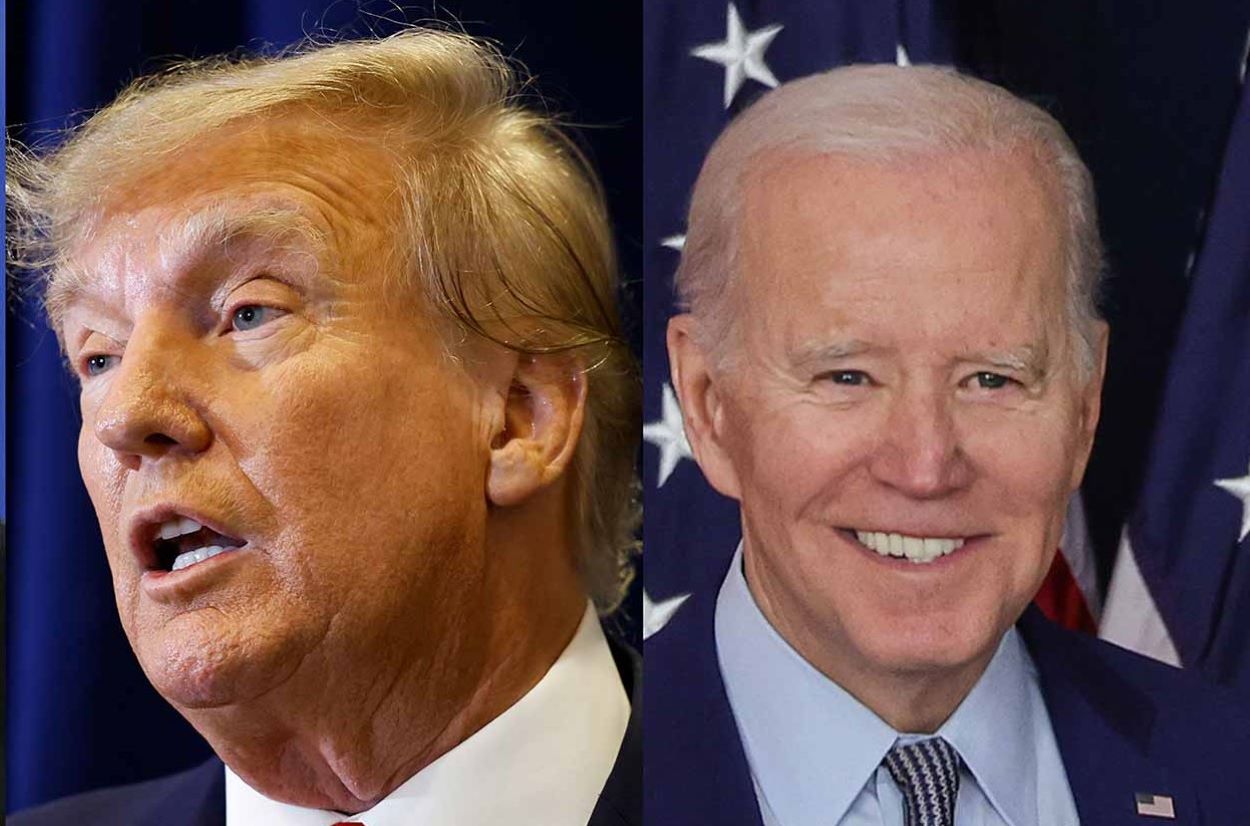On July 8, 2025, President Donald Trump’s claims of attracting $14 trillion in corporate investments, dubbed “The Trump Effect,” faced scrutiny as a Reuters review revealed over $1.3 trillion of listed projects originated under Joe Biden or were routine spending.
Since January 2025, Trump has touted $14 trillion in investments, listing over 70 projects on the White House website, including LEGO’s Virginia facility and a $3.5 billion Arizona microchip plant, totalling $2.6 trillion, Reuters reported. White House spokesman Kush Desai called Trump “the greatest closer,” claiming his policies spurred final commitments, per The White House. However, Reuters found $1.3 trillion tied to Biden-era announcements or routine investments, with eight projects securing pre-Trump incentives.
'Trump Effect' website takes credit for US investment made under Biden https://t.co/MlC7XrOyHP https://t.co/MlC7XrOyHP
— Reuters (@Reuters) July 8, 2025Projects like Hyundai’s $5.8 billion Louisiana plant and Corning’s $1.5 billion Michigan facility, credited to Trump, were announced in 2024, per Reuters. Corning benefited from the Biden administration’s CHIPS Act, which Trump aims to repeal. Eli Lilly’s $27 billion investment, praised by Trump, represented a slight increase from $23 billion under Biden, according to Deutsche Bank’s James Shin.
'Trump Effect' website takes credit for US investment made under Biden https://t.co/thgS539c48
— USA TODAY (@USATODAY) July 8, 2025Moody’s chief economist Mark Zandi noted no significant change in investment forecasts, citing Trump’s tariffs as freezing decisions, per Reuters. The Heritage Foundation’s Richard Stern predicted future investments resulting from deregulation. Critics highlight that repackaged spending, such as Apple’s $500 billion AI pledge, mirrors previous commitments. OpenAI’s $500 billion Stargate project, announced with Trump, lacks confirmed timelines, which raises doubts.
Trump’s claim of $14 trillion, which affects 330 million Americans, plays a significant role in shaping economic narratives within a $28 trillion GDP economy, according to the Bureau of Economic Analysis (BEA). This claim has sparked debates about its accuracy, with 60% of economists questioning the figures. Additionally, amid global events like U.S.-Israel talks, this scrutiny emphasises the need for transparency in economic claims, which ultimately influences investor confidence and the U.S. manufacturing sector, valued at $2.5 trillion.






